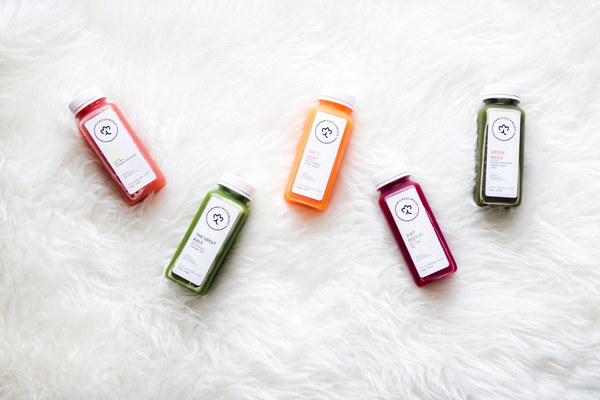Seasonal Liver Care What to Eat for Optimal Liver Health
Introduction:
The liver is a vital organ responsible for filtering toxins, metabolizing nutrients, and producing bile. To ensure its optimal functioning, it is essential to adopt a diet that supports liver health. Different seasons bring different foods, each with its unique benefits for the liver. In this article, we will explore what to eat during each season to keep your liver in top condition.
Spring:
Spring is the season of renewal, and it is the perfect time to focus on cleansing and detoxifying the liver. Incorporate the following foods into your diet:
1. Leafy greens: Spinach, kale, and Swiss chard are rich in chlorophyll, which helps in detoxifying the liver. These greens also provide essential nutrients like vitamins A, C, and K.
2. Beets: Beets contain betalains, which help in the liver's detoxification process. They also aid in digestion and improve blood flow to the liver.
3. Artichokes: Artichokes stimulate bile production, which is crucial for the liver to filter out toxins. They also contain antioxidants and fiber that support overall liver health.
4. Garlic: Garlic contains allicin, a compound that supports liver detoxification. It also helps in reducing inflammation and lowering cholesterol levels.
Summer:
Summer is a time for cooling the body and supporting the liver's function. Include these foods in your summer diet:
1. Berries: Blueberries, strawberries, raspberries, and blackberries are rich in antioxidants and anti-inflammatory compounds. They help protect the liver from oxidative stress and improve its function.
2. Cucumbers: Cucumbers have a high water content, which helps in flushing out toxins from the liver. They also contain silica, which supports liver and kidney function.
3. Watermelon: Watermelon is a hydrating fruit that helps in the elimination of waste products from the liver. It also contains lycopene, an antioxidant that supports liver health.
4. Turmeric: Turmeric contains curcumin, a powerful anti-inflammatory compound that supports liver detoxification. It can be added to dishes or consumed as a supplement.
Autumn:
Autumn brings cooler temperatures and a transition from the warm, Yang energy of summer to the cooler, Yin energy of winter. To support the liver during this season, focus on the following foods:
1. Pumpkins: Pumpkins are rich in beta-carotene, which converts to vitamin A in the body. Vitamin A is essential for liver health, as it helps in the production of bile and supports the liver's detoxification process.
2. Apples: Apples contain pectin, a soluble fiber that binds to toxins and helps in their elimination from the liver. They also provide essential nutrients and antioxidants.
3. Almonds: Almonds are an excellent source of healthy fats, vitamin E, and magnesium, which support liver function and help in the elimination of toxins.
4. Carrots: Carrots are rich in beta-carotene and vitamin A, which are vital for liver health. They also help in maintaining the liver's detoxification process.
Winter:

Winter is the season of contraction and the body's focus shifts to storing energy. To support the liver during this time, incorporate the following foods:
1. Citrus fruits: Oranges, lemons, and limes are rich in vitamin C, which helps in the production of glutathione, a liver detoxifying compound. They also provide antioxidants and fiber.
2. Ginger: Ginger supports liver function and aids in digestion. It also helps in reducing inflammation and improving blood flow to the liver.
3. Garlic: Garlic, as mentioned earlier, supports liver detoxification and reduces inflammation. Consuming garlic regularly during winter can help keep the liver healthy.
4. Chicken: Chicken is an excellent source of protein, which is essential for liver repair and function. Choose organic, free-range chicken to ensure the highest quality of nutrients.
Conclusion:
Incorporating seasonal foods into your diet can greatly benefit your liver health. By focusing on specific foods during each season, you can support the liver's detoxification process and ensure its optimal functioning throughout the year. Remember to consult with a healthcare professional before making significant changes to your diet.









